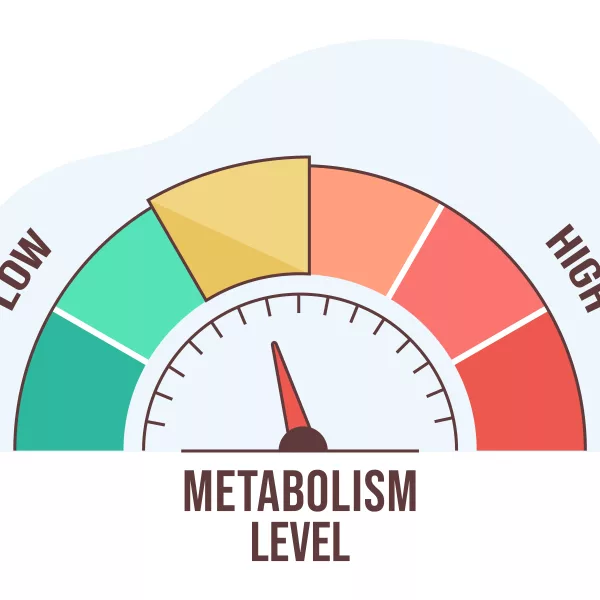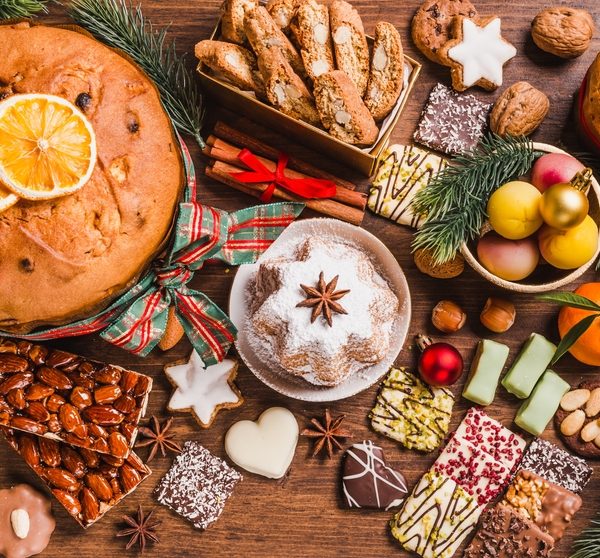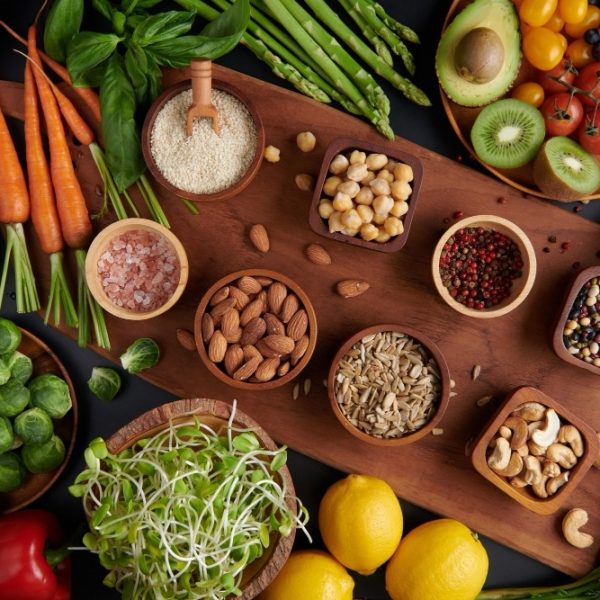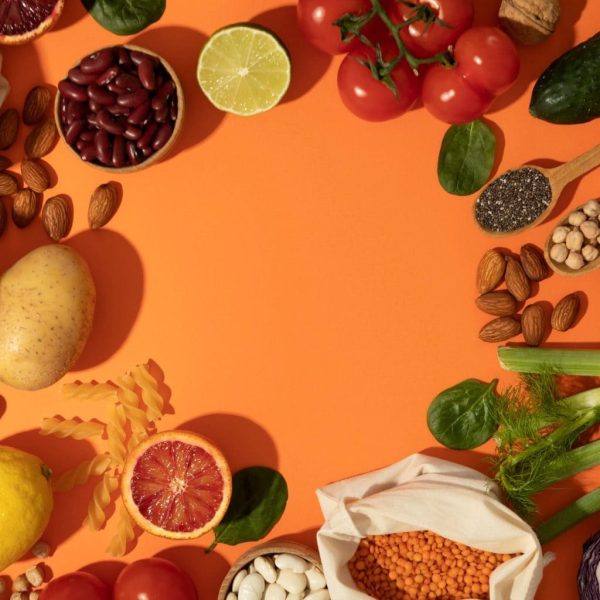The Carb Dillema
What is the first thing that pops into your head when you want to shed a few kilos? Is it a complete removal of carbs from your diet? No bread, No pasta and most definitely no potatoes. The misinformation circulating in the market about carbs (among other things) has made it the scapegoat for all our weight loss woes. What one doesn’t realise is that carbs, like all nutrient groups, exist in many healthy foods and occur in various forms. Any nutrient group, be it carbohydrates, protein, or fat, can lead to weight gain if consumed too much. Essentially, if you consume more energy than you burn and your diet is lopsided towards one nutrient group, over time, you are going to pick up some weight. Bottom line is, carbohydrates are a very essential macronutrient and they play a crucial role in overall health, energy levels, productivity and weight loss.
There are three types of carbohydrates: fibre, sugar and starch. The carb spectrum, thus, can broadly be categorised as follows:
| Types | Consumption quantity | Sources |
| Nutrient-dense + fibre-rich + whole-food carbs | Unlimited | Leafy green, veggies and fruit. |
| Nutrient-dense +carbohydrate-dense | Balanced with category 1 | White potatoes |
| Carbohydrate – dense | Once in a blue moon | Breads and pasta |
Hence, all carbs are not the same. Another simple categorisation of dietary carbohydrates comprises simple and complex carbs. Complex carbs such as vegetables, legumes and whole grains (brown rice, quinoa) slow digestion, stabilise blood sugar levels and help to curb cravings. Whereas most simple carbs that are usually found in processed sugar and foods (but also in fruits and milk) are easily broken down by the body and can lead to erratic changes in blood sugar levels and boost energy levels.
FACT: Good Carbohydrate-rich foods are the foundation of healthy eating patterns and should be incorporated in a balanced diet to achieve your weight loss goals.
The Calorie Count Misconception
Have fad diets led you to believe that all calories are the same? Think again! The misconception that as long as you keep your calorie count fixed to a certain number, the source of the calories doesn’t matter has often constricted weight loss regimes. Each calorie affects the body differently. A unit of carb, protein and fat is metabolised differently by the body due to the thermic effect of food. In simple terms, the thermic effect refers to the amount of energy your body uses to digest the foods and drinks you consume and also absorbs, transports and stores their nutrients. The more the thermic rate, the less calories you absorb. This becomes more obvious when you find out that one small chocolate chip cookie and one large apple have roughly the same amount of calories but unlike the tempting cookie which tickles your cravings and does not make you full in the slightest, an apple will keep you happy and satisfied for a longer period.

MORE THE THERMIC RATE ➡️ LESSER THE CALORIE ABSORPTION ➡️ INCREASED WEIGHT LOSS
In general, it takes more energy to metabolise protein than carbs or fat which is why many weight reduction diets focus on protein-rich foods.
FACT: the key is to watch your calories while consuming a nutrient-rich diet to ensure that you feel full and satisfied and do not develop unhealthy binge eating disorders.
Starving is the Solution (not)
As surprising as it must sound, the first rule of dieting is saying NO to skipping meals. The idea of starving yourself a few weeks before a wedding, beach vacation or a big event might seem like an attractive prospect but it does more harm than good in the long run. Although you might lose a few kilos in the starting and this can become addictive, it is important to remember that this is just water weight and does not amount to much inch loss. In fact, after a few days, you will notice that despite maintaining a similar intensity of dieting and exercise you will stop losing weight altogether. This is because your body tries to hold onto fuel more efficiently and slows down your metabolism. This often triggers bingeing after exhaustion, especially during late evenings.
FACT: Research suggests, in order to lose weight effectively and achieve long-term success, you should eat 4-5 mini meals a day and keep the hunger at bay. This will keep the metabolic rate up and the urge to indulge in your cravings low.
Meal planning guide
| TIME | MEAL |
| MORNING | BREAKFAST |
| MID-DAY | MID DAY SNACK |
| AFTERNOON | LUNCH |
| EVENING | EVENING SNACK |
| LATE EVENING/NIGHT | DINNER |
Remove Fats to Reduce Fat
Too much of anything is bad but the opposite stands true as well. Fat, like carbs, is a macronutrient essential for the proper functioning of our body. Fat is in fact, a major source of energy and helps in absorbing some vitamins and minerals. It is also essential for blood clotting, muscle movement, and inflammation. Complete elimination of fats can make you weak and unhealthy in the long run and can also lead to problems like hair loss etc. However, It is important to differentiate between good and bad fats. The fats can be divided into four types –
| TYPES | QUANTITY | SOURCES |
| Trans fats | Do not consume | Junk high calorie food |
| Saturated fats | Limit consumption | Dairy products, Red meat, Coconut oil etc |
| Monounsaturated fats | Normal consumption | olive oil, peanut oil, canola oil, avocados, and most nuts |
| fatty fish, flaxseeds, walnuts, canola oil, un-hydrogenated soybean oil etc | Increase consumption | fatty fish, flaxseeds, walnuts, canola oil, and un-hydrogenated soybean oil etc |
FACT: Avoid trans fats, limit saturated fats, and replace them with essential unsaturated fats.
Fad Diets, a Magic Potion
There is no shortcut to weight loss. All the trendy diets in the market that promote quick methods of weight loss bring more problems than benefits. Although you may notice weight loss in the first few days or weeks of following such diets, the temporary joy over losing a few kilos is soon replaced with fatigue, crankiness and a constant craving for food.
Additionally, diets bring with them diseases, cause nutritional deficiencies and negatively impact hormonal health and metabolism.
The mental health effects of following such diets can range from experiencing guilt over your food choices to extreme eating disorders which leave a lasting impact on one’s life.
Last but not the least, research shows that 85% of dieters end up gaining weight back within a year. Thus, fad diets are a predecessor to future weight gain and not weight loss!
FACT: To achieve the long-lasting, sustainable weight loss you must be ready to make lifestyle changes and healthily lose weight.
Combatting Weight Loss Myths
We tend to believe in weight loss myths because they are tempting and offer us an easy way out. They are hard to ignore in the day of the internet and social media which glamourise quick and easy weight loss. However, in reality, the answer is a little less glamorous and a lot more difficult: Losing weight is a lifestyle change. It is about developing a healthy relationship with both your body and food. It is important to have the right motivation to lose a normal amount of weight to become a healthy and happy person rather than a miserable, nutrient-deficient person. The easy way to counter these myths is fact-checking and taking attractive fads with a pinch of salt.























Share this article